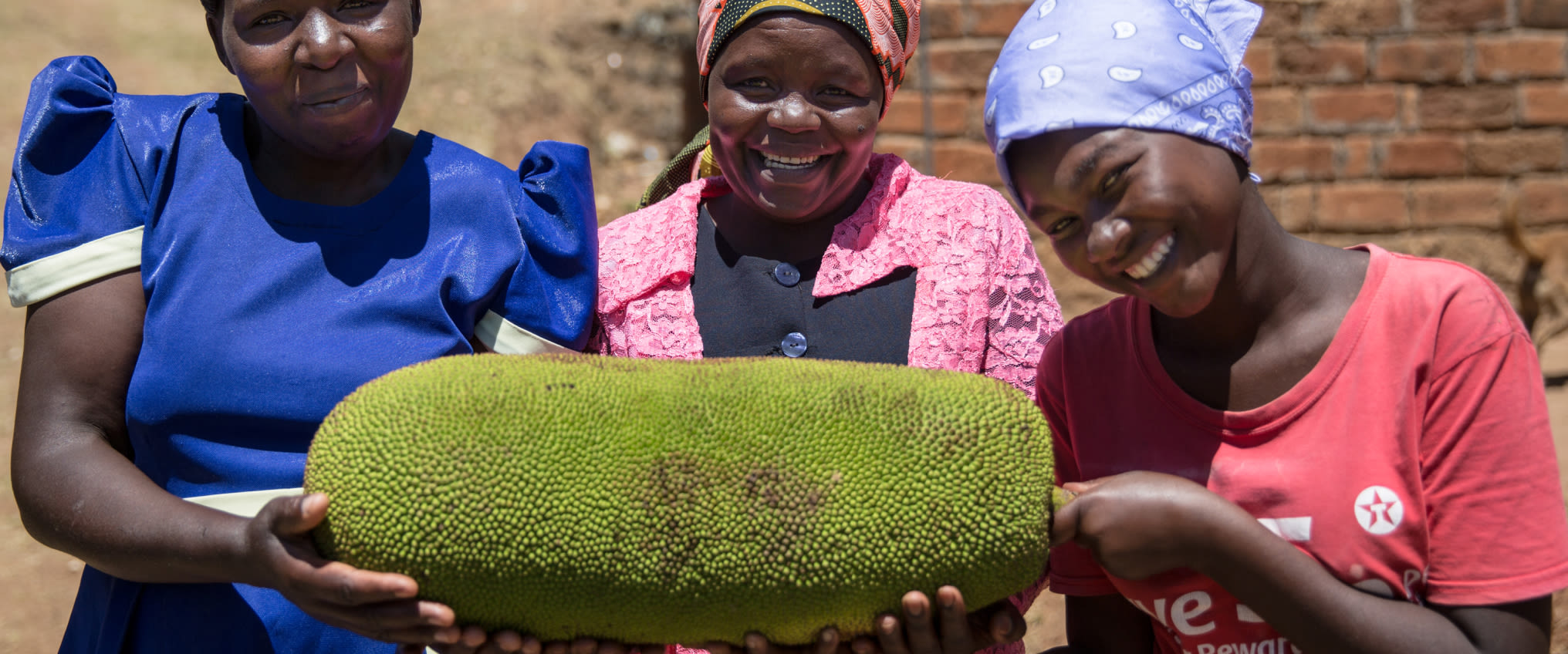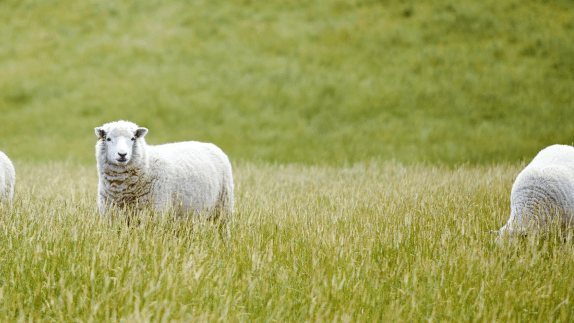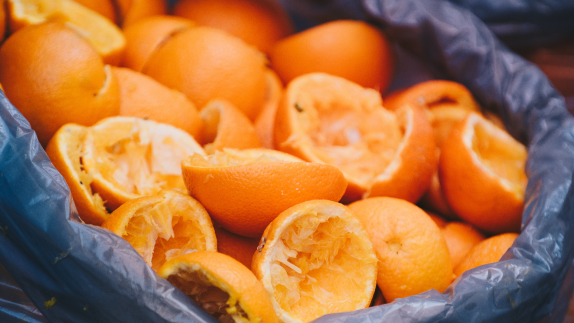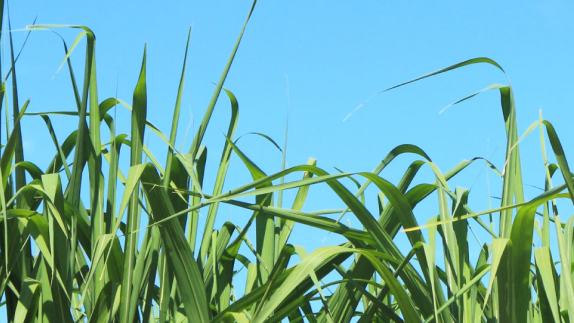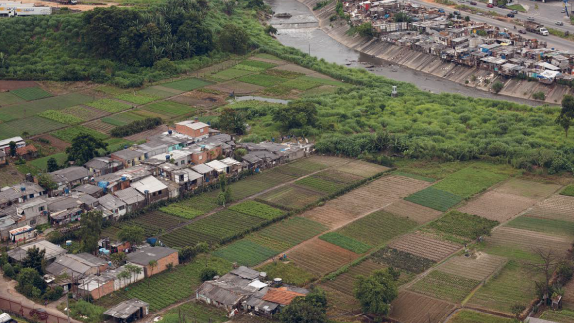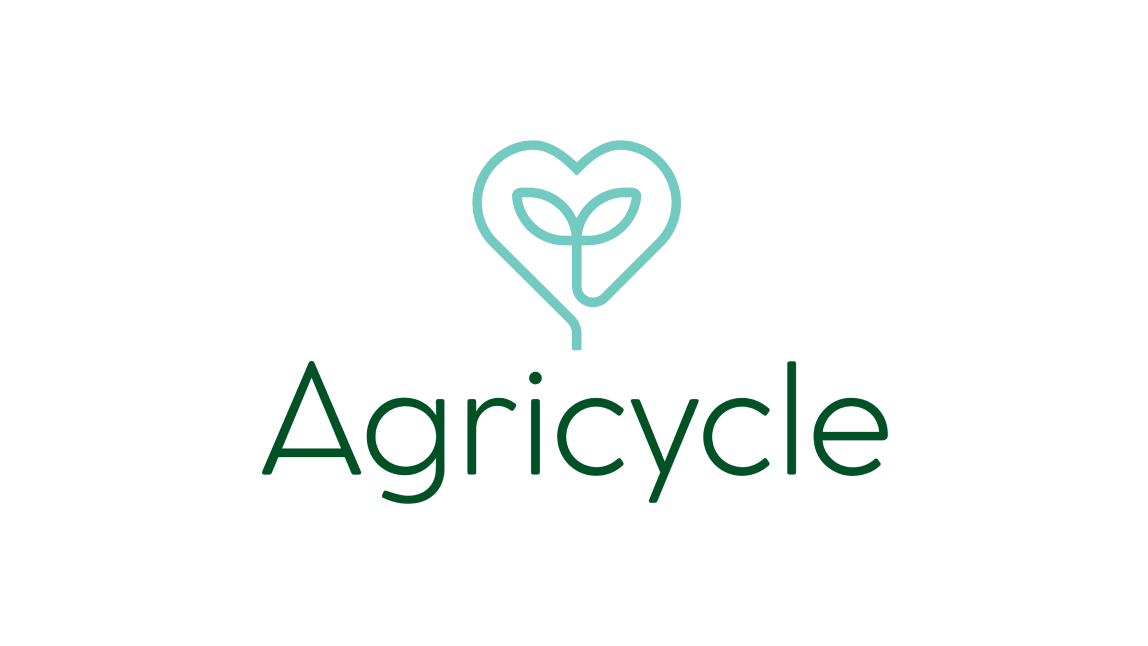
Agricycle works with smallholder farmers around the world to upcycle food that would otherwise be wasted. The company manufactures and distributes solar dehydrator technologies that enable food to be preserved for longer, purchase the resulting products directly from cooperatives, and create brands to sell these products in global markets.
Farmers benefit by being able to sell more of what they produce and at a higher price. For example, the Jali Fruit Co. brand pays the women in its cooperatives in Sub-Saharan Africa and the Caribbean 7 times the average daily local wage, while also providing on-the-job skills training like food safety and financial literacy.
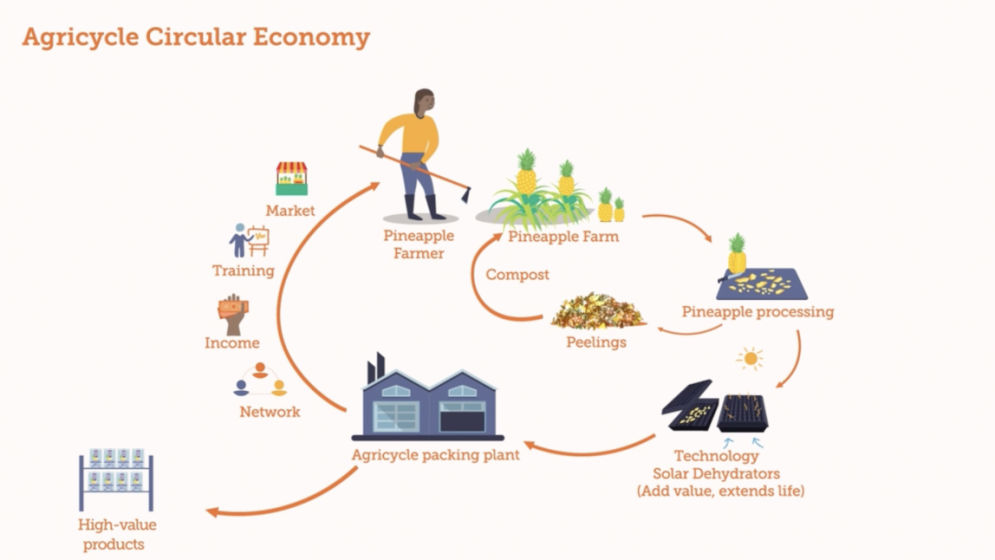
Why is it circular
About 50% of the food that is grown in countries like Kenya and Uganda, never makes it to the market due to poor roads, flimsy packing containers or a lack of cold storage. The result is that farmers' time and resources are squandered, reducing their incomes leading to increased poverty and food insecurity.
As the video below shows, Agricycle’s technology improves the durabilitydurabilityThe ability of a product, component or material to remain functional and relevant when used as intended. of fresh produce through on-farm processing creating a much more stable product that is still nutritious and can be sold to a wider global market for a higher premium.
Biodiversity benefits
By enabling the upcycling of food that would have otherwise been wasted and working to empower local communities, Agricycle has been able to divert over 74,500 kg of food from being wasted. As such, their operations are able to help reduce the pressures on food production - and all its associated negative impacts on biodiversity - to meet growing demand.
